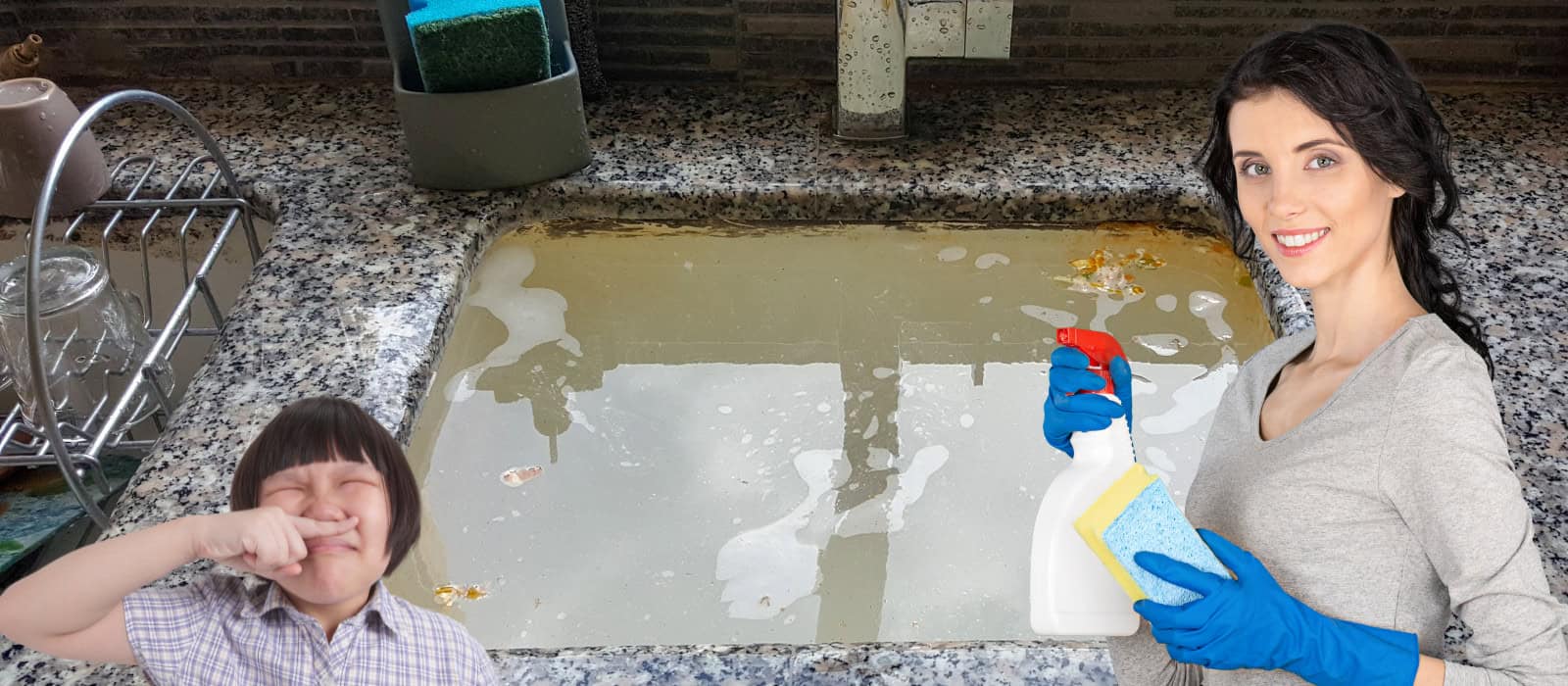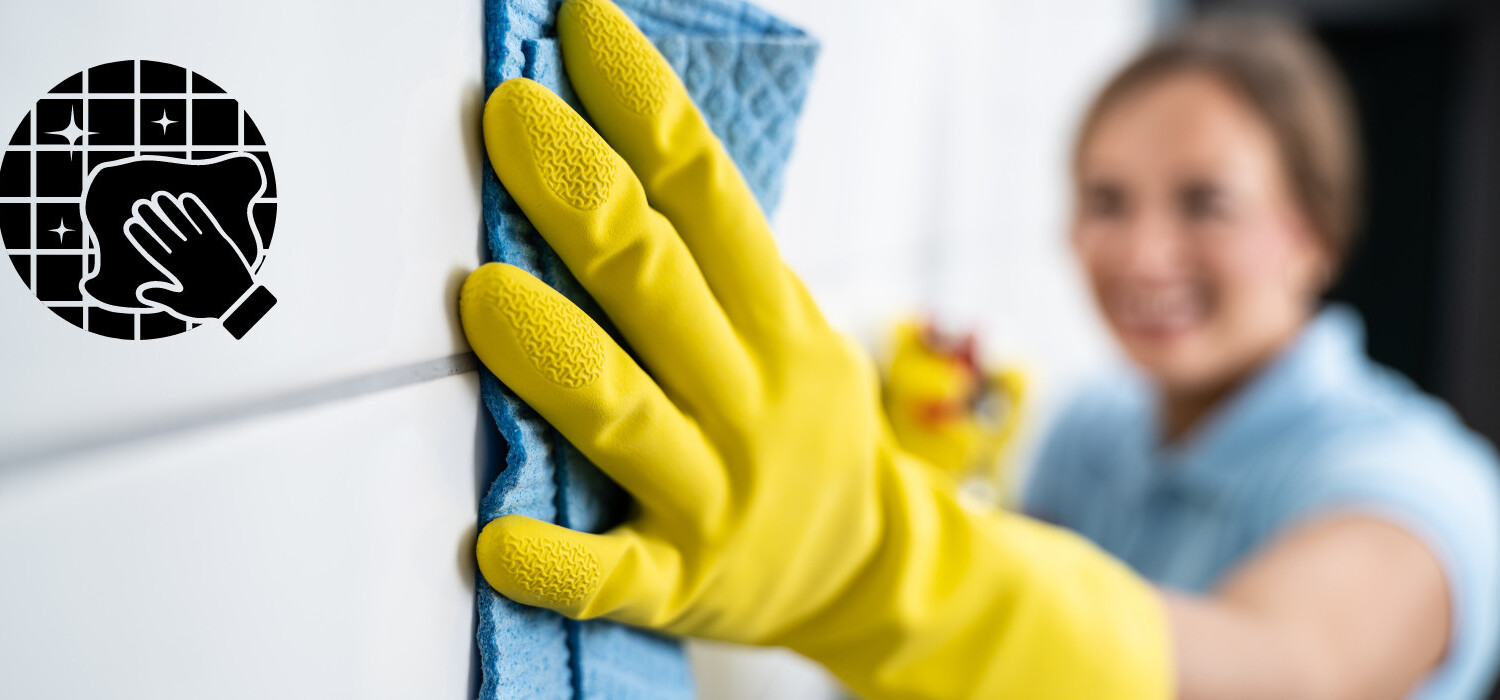Are you dealing with a clogged drain? Don’t worry; you’re not alone. Clogged drains are a common household issue caused by various factors, such as hair, grease, food particles, and soap scum. While many commercial drain cleaners are available, they can be harsh on your pipes and harmful to the environment. That’s why many homeowners prefer to use homemade drain cleaners that are both effective and eco-friendly.
When it comes to homemade drain cleaners, there are many options. Some of the most popular ingredients include baking soda, vinegar, salt, lemon juice, and even cola. Each component has unique properties that help break down clogs and clear your drain.
However, not all homemade drain cleaners are created equal, and some may work better than others, depending on the type of clog you’re dealing with. So, what is the best homemade drain cleaner? Let’s take a closer look at some of the most effective options available.
Understanding Drain Clogs
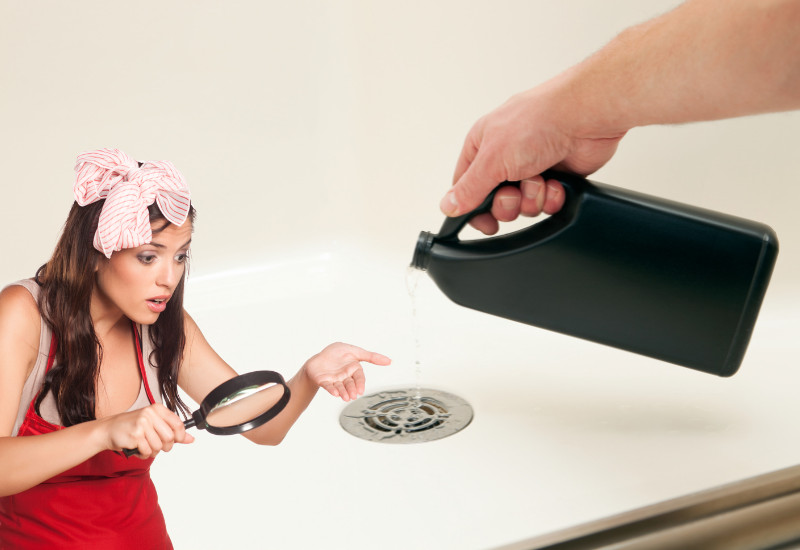
Dealing with a clogged drain is a frustrating experience that every homeowner has to face at some point. Drain clogs can happen at any time, and understanding the common causes of clogs is the first step in preventing them. In addition, determining the cause can help you identify the best solution to use.
One of the most common culprits of drain clogs is hair. Hair can easily get trapped in pipes, creating a blockage that prevents water from flowing as it’s intended. This is particularly true for shower drains and bathroom sinks, where hair accumulates quickly.
Another common cause of drain clogs is food particles. If you don’t scrape your plates properly before washing them, food particles can get stuck in the pipes and create stubborn clogs. Grease and oil can also contribute to clogs by leaving a residue that traps other debris and sludge.
Stubborn clogs can be caused by a buildup of residue and sludge in the pipes. Over time, soap scum, mineral deposits, and other debris can accumulate, creating a blockage that prevents water from draining correctly. This is especially true for older pipes that may have accumulated years of buildup.
Commercial vs. Homemade Drain Cleaners

When it comes to unclogging your drain, you have two main options: commercial drain cleaners or homemade drain cleaners. Commercial drain cleaners are readily available in most stores and can effectively remove the stoppage. However, they often contain harsh chemicals that can harm your pipes and the environment. On the other hand, homemade drain cleaners are generally made from natural ingredients and are less likely to damage your pipes, helping you avoid costly repairs in the long run.
Commercial drain cleaners often contain chemicals such as sodium hydroxide and sulfuric acid, which can be caustic and toxic. These chemicals can eat away at your pipes over time, causing them to weaken and eventually break. Additionally, these chemicals can harm the environment if they are not disposed of properly.
Homemade drain cleaners are typically made from ingredients like baking soda, vinegar, and lemon juice. These products are less likely to damage your pipes and are safer for the environment. While homemade drain cleaners may not be as effective as commercial drain cleaners at removing tough clogs, they are a good option for regular maintenance and can help prevent clogs from forming in the first place.
It’s important to note that not all clogs can be removed with drain cleaners, whether commercial or homemade. If you have a particularly stubborn clog, you may need to use a drain snake or call a professional plumber to help remove it.
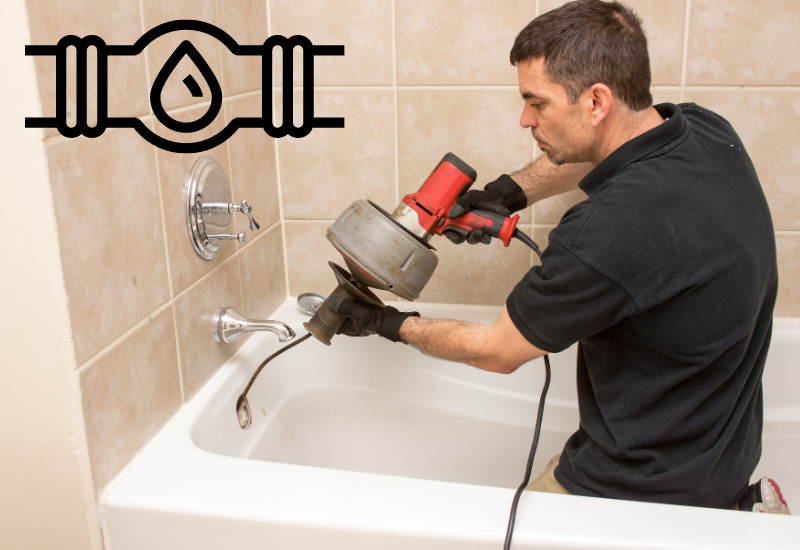
Now, with the background info out of the way, let’s get to the heart of the matter, making the best homemade drain cleaner you can!
Ingredients for Homemade Drain Cleaners
When it comes to making your own drain cleaner, there are a few everyday pantry items that you can use. These include baking soda, vinegar, hot water, salt, borax, cream of tartar, lemon juice, and table salt.
Common Pantry Items
Baking soda and vinegar are two of the most commonly used ingredients for making homemade drain cleaners and are often considered the best home remedy. Mixing these two ingredients together creates a fizzy reaction that can help break down clogs and clear your drains. Hot water is also a great addition to this mixture, as it can help to flush out any remaining debris. Or, more specifically, boiling water.
Salt is another pantry staple that can be used to unclog your drains. When mixed with hot water, it can help to dissolve grease and other buildup that may be causing your drains to clog. Borax is another effective ingredient that can help to break down clogs and eliminate odors.
Eco-Friendly Alternatives
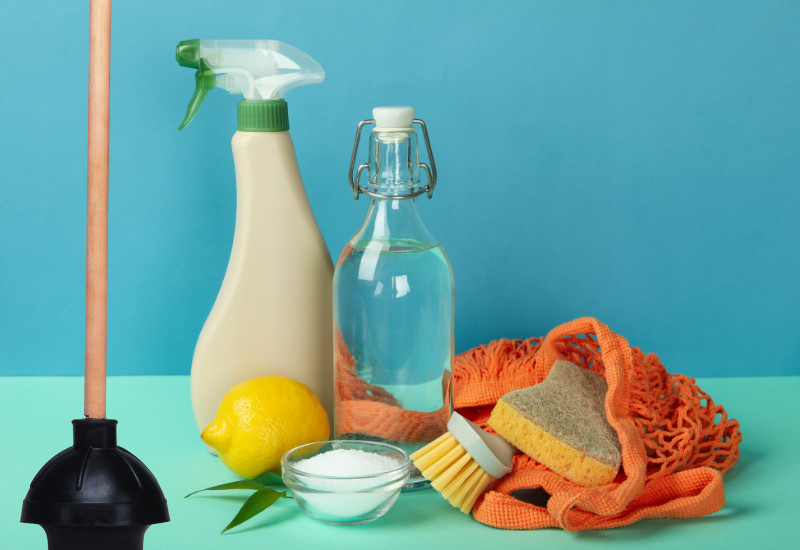
If you’re looking for more eco-friendly alternatives to traditional drain cleaners, there are plenty of household ingredients that you can use. Lemon juice is a great option, as it contains natural acids that can help to dissolve buildup and eliminate odors. Table salt and ice cubes can also clean and deodorize your garbage disposal.
If you’re looking for a more green approach, several eco-friendly drain cleaners on the market use natural enzymes and bacteria to break down clogs and eliminate odors. These cleaners are safe for your pipes and the environment, making them an excellent choice for more environmentally conscious homeowners.
Step-by-Step Guide to Making a Homemade Drain Cleaner
So how do you create the best homemade drain cleaner? Here’s a step-by-step guide to creating your own drain cleaner using ingredients you likely already have in your pantry.
- First, clear any standing water from the sink or tub. You can use a small bucket to transfer the water to the toilet. Prepping is always the first step!
- Next, pour 1/2 cup of baking soda down the drain. Baking soda is a natural cleaner that can break down grease and other debris that may be clogging your drain.
- Follow up with 1/2 cup of vinegar. When baking soda and vinegar mix, they produce a chemical reaction that creates carbon dioxide. This reaction can help to dislodge any clogs in your drain.
- Cover the drain with a drain stopper or a towel to keep the mixture in the pipe, as it will likely bubble and rise. Let the mixture sit for 15-30 minutes.
- Boil a pot of water while you wait. After the mixture has sat for the allotted time, remove the drain stopper or towel and pour the boiling water down the drain. The hot water can help to flush out any remaining debris.

If your drain is still clogged after this process, add a few drops of dish soap to the mixture before pouring in the boiling water. Dish soap can help to break down grease clogs and other stubborn debris.
It’s important to note that this method may only work for some types of clogs. If your drain is severely clogged or you suspect that there may be a more significant issue with your plumbing, it’s best to call a professional plumber to assess the situation.
Or, keep reading for some other homemade methods you can do on your own.
Using Your Homemade Drain Cleaner: Tips and Tricks
Safety should be your top priority when making your homemade drain cleaner. Here are some tips to keep in mind:
- Always wear gloves and eye protection to avoid getting any chemicals or debris on your skin or in your eyes.
- Do not mix different drain cleaning solutions together, as this can create a dangerous chemical reaction. If you do premix the ingredients, fast action must be taken to avoid harm.
- Use plastic utensils and containers instead of metal ones when mixing your homemade drain cleaner to avoid any reactions with metal.
- Before pouring any homemade drain cleaner down your drain, remove any standing water first.
- Avoid using homemade drain cleaners in bathroom sinks or showers with a history of grease or oil clogs. These clogs may require professional help to remove.
- When using white vinegar as a natural drain cleaner, always dilute it with cold water before pouring it down the drain. This will help prevent any damage to your plumbing system.
Remember that homemade drain cleaners are not a guaranteed solution to every clog. In some cases, a professional plumber may be necessary to remove the clog safely and effectively.
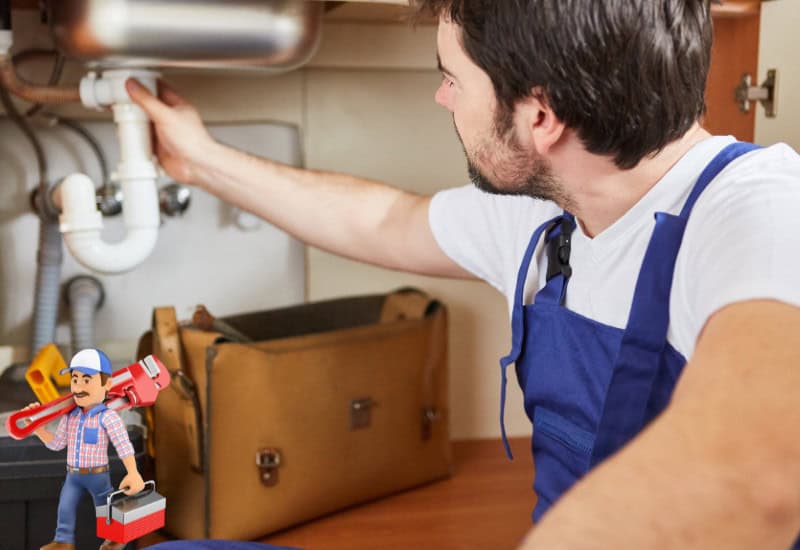
If your drain is still clogged after using your homemade cleaner, you may need to try other methods before calling a pro, such as plunging, a drain snake, or an auger. A plunger can be effective for sinks and tubs, while a drain snake or auger may be needed for more severe clogs.
If you don’t have a plunger or drain snake on hand, try using a wire coat hanger to remove any visible debris from the drain.
Remember, prevention is critical when it comes to keeping your drains clear. Avoid pouring grease, oil, and food down your drain, and use an appropriately sized drain cover to catch any hair or debris.
With these tips and your homemade drain cleaner, you can keep your drains clear and avoid costly plumbing bills.

